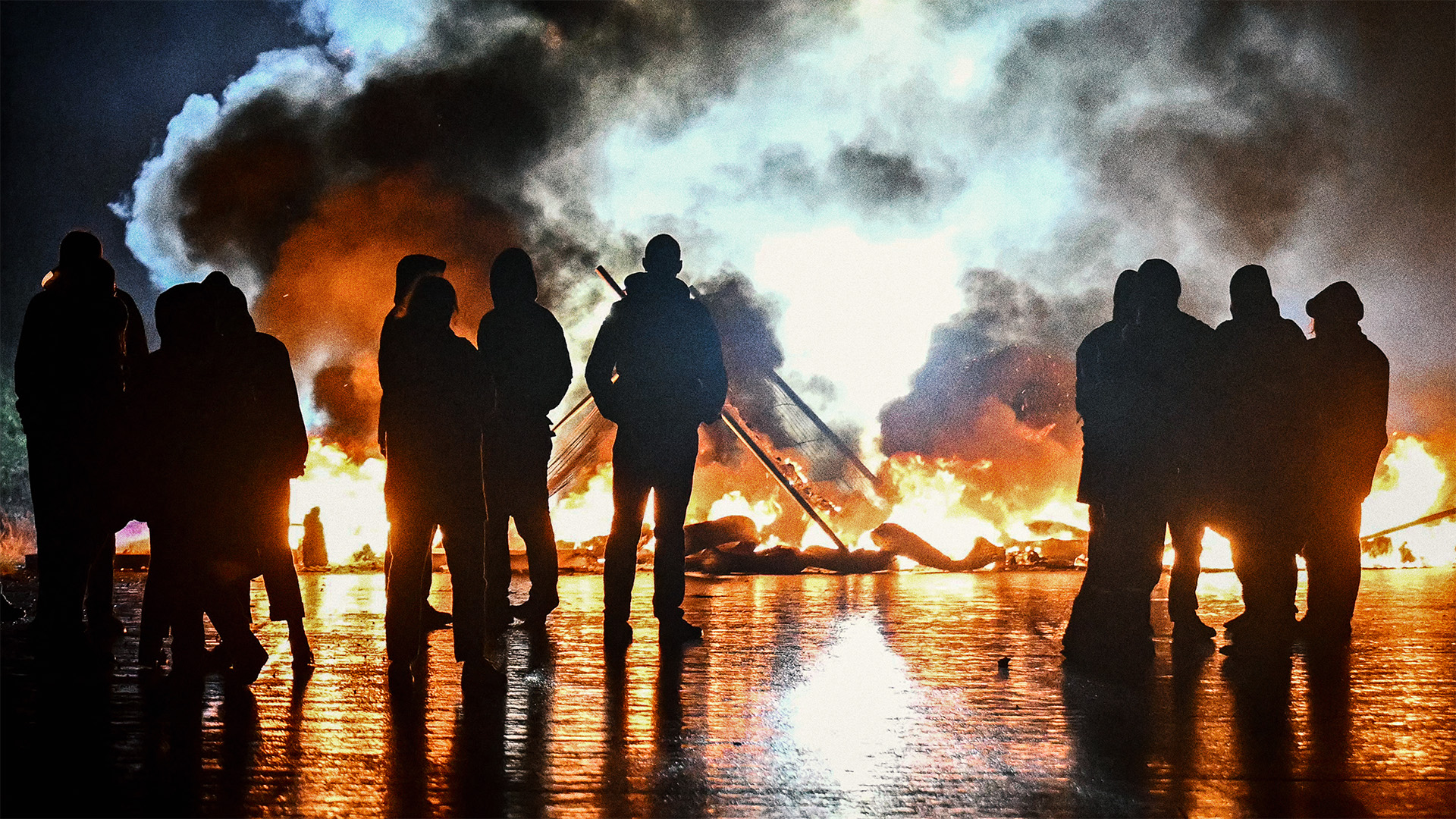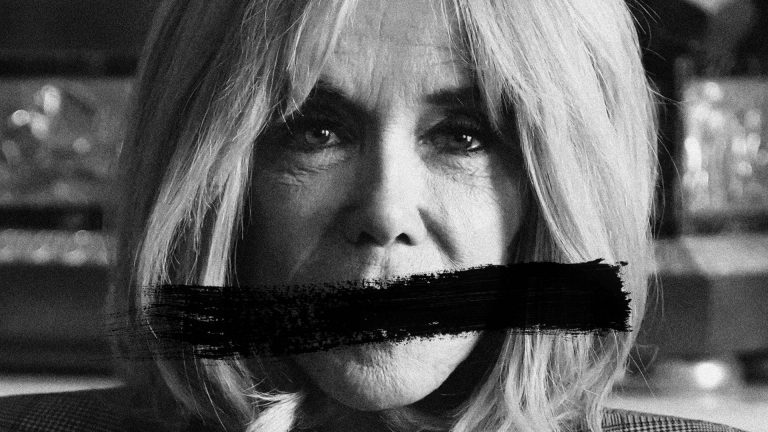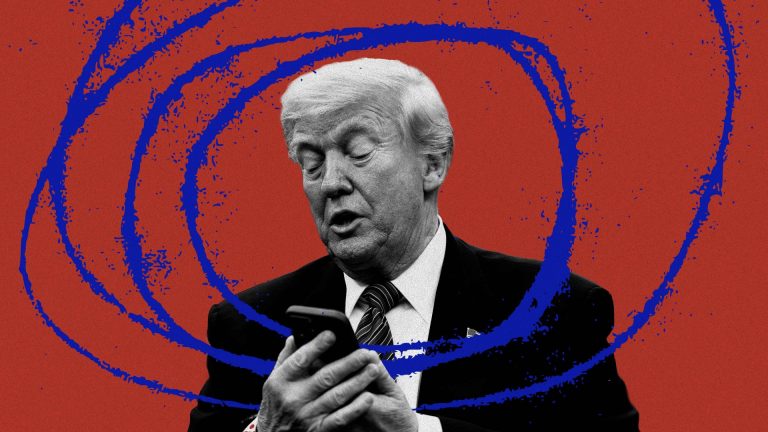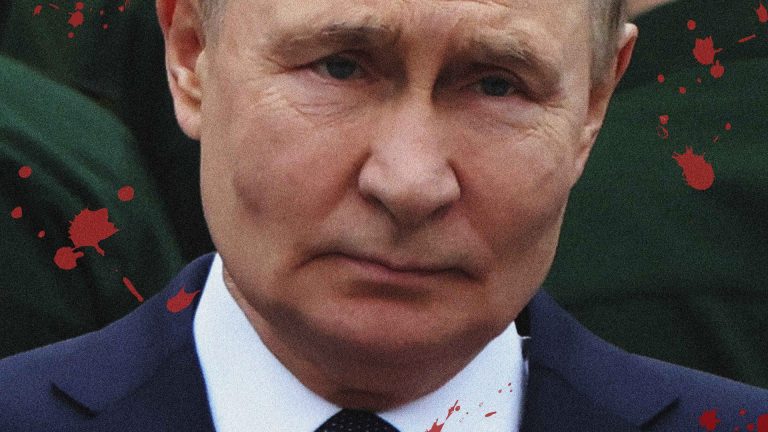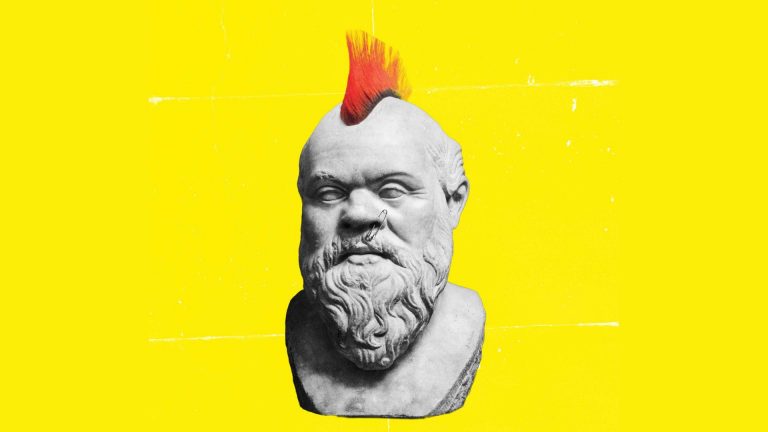Un gros flop? The TV images were dramatic. Flames tore through a building in central Paris, buses burned in Rennes, rubbish-bin barricades smouldered in Nantes, and in Lyon protesters clashed with police in clouds of tear gas. Yet behind the spectacle, France functioned. Trains ran mostly on time, commuters got around, public servants turned up to work and only a clutch of schools saw attempts at blockades. Police prefects and the new government of Emmanuel Macron’s 5th prime minister in under two years Sébastien Lecornu breathed a sigh of relief. The September 10 “Block Everything” protest failed to paralyse the country.
The demonstrators advanced some concrete demands, such as the reversal of the president’s retirement at 64 law. But what predominated was a vague, conspiratorial anti-Macronism mixed with Palestine slogans and anti-capitalist fury. It was more a generalised colère than a coherent social movement, and often sounded eerily like the disinformation streams pushed by Russian, Chinese and Iranian bots.
Meanwhile, unions and political parties are preparing for another big shutdown on September 18 and
Fitch, the ratings agency, has downgraded France’s AA- credit rating to A+, its lowest score ever recorded by any of the agencies that give marks for a country’s credit worthiness.” The government’s defeat in a confidence vote illustrates the increased fragmentation and polarisation of domestic politics,” Fitch said.
“This instability weakens the political system’s capacity to deliver substantial fiscal consolidation.”
France is standing on the edge of a financial precipice, yet its political debate is dominated by the “Professeurs Tax” like Berkeley University’s Gabriel Zucman, and “rockstar” Thomas Piketty. They provide the intellectual backing for Jean-Luc Mélenchon’s chorus of “soak the rich”, as if that were the only solution to France’s fiscal woes.
The radicals of Mélenchon’s La France Insoumise party – joined by even more hardline sub-groups like Révolution Permanente and assorted Trotskyists – led the action. At Lycée Henri-IV in Paris’s Latin Quarter, where Emmanuel Macron once prepared for the grandes écoles in the shadow of the Panthéon, privileged teenagers perched on rubbish bins to block the gates. In front of high schools in parts of France were calls for “Revolution!”, “Free Palestine!”, “Macron resign!” School principals and police intervened, refusing to let pupils turn classrooms into barricades.
For Mélenchon and his allies, September 10 is not the end. It is only the next act in the theatre of rolling shutdowns. On the planned nationwide day of action on September 18, most unions are expected to participate.
The economic populism that drives these protests has already captured the political class. But as economists writing in Le Monde made clear, Zucman’s wealth-tax plan would raise no more than €5bn, not the €20bn he claims. And even if by some miracle it did raise $20bn, that would still be a pittance when measured against the €168bn deficit. Still, Mélenchon has already won the economic debate, even though he is not even a member of parliament, and will almost certainly never be president. Even so, his fixation with “taxing the rich” as the way out of all French financial problems has colonised French politics, from the far left to the far right and even parts of the centre.
The rot shows at the top. On French radio this morning, Éric Coquerel – president of the National Assembly’s Finance Committee – and a close crony of Mélenchon’s, made it very clear to listeners that he does not understand how the French financial and tax systems work. That such a figure sits at the summit of fiscal oversight is, as critics put it, dramatic for the future of France.
French economist Sylvain Catherine, assistant professor of finance at the Wharton School, University of Pennsylvania, was blunt in his response: “Our problem is not the exile of today’s billionaires, but of those who could become tomorrow’s – the people who might create the companies France has failed to produce for forty years.”
Essayist Benjamin Sire of Les Electrons Libres put it even more crisply: “When they say ‘We need more resources. We need more spending and tax the rich!’ – it is just a new movement, with old slogans. For the activists of September 10, the only response to our difficulties seems to be to dig deeper into debt. What if we tried growth instead? Dare growth!”
The timing of all this is exquisite. France’s “Let’s Block Everything!” goons are trying to impose gridlock and violent disorder at the very moment when Russia has been striking Poland with drones, and of course they didn’t protest against that. The merchants of chaos are, willingly or unwittingly, Putin’s parrots – just like Mélenchon, who defames Ukraine’s Volodymyr Zelensky as a “president of nothing” while grandly declaring “c’est moi la République” and insisting, improbably, “I am not the friend of chaos.”
The good mate of Jeremy Corbyn is a former Trotskyist firebrand turned self-styled revolutionary, with touches of added Mussolini. On Monday Mélenchon marched magisterially into the Bourbon Palace flanked by adoring members of his cult-like party. From the galleries of the French National Assembly, “Jean-Luc le duc” gloated over his finest work: the fall of yet another Macron prime minister, François Bayrou.
Mélenchon is as anti-system as Marine Le Pen, and that is the point. The more he agitates, the more chaos he sows – and the more the ultimate beneficiaries are Le Pen and the far-right herd, which includes Le Pen’s Catholic nationalist niece Marion Maréchal and also the convicted racist Muslim-baiter Éric Zemmour with his sinister partner Sarah Knafo, both of whom are linked to Tommy Robinson.
Senator Claude Malhuret, whose “Nero’s Court” takedown of Trump went viral earlier this year, captured the moment once again. Speaking in the Senate, he denounced the extreme left for “practically calling for riots”. It was, he said, “absolute nihilism.”
Franc-Tireur this week published an investigation into Mélenchon and his party, revealing a movement that parrots Putin, shelters a Trotskyist wing, backs dictators, and downplays terrorism, all while demanding Macron’s overthrow. It is “Radio Moscow” run by an unelected guru with his acolytes doing his bidding in the French parliament.
Suggested Reading
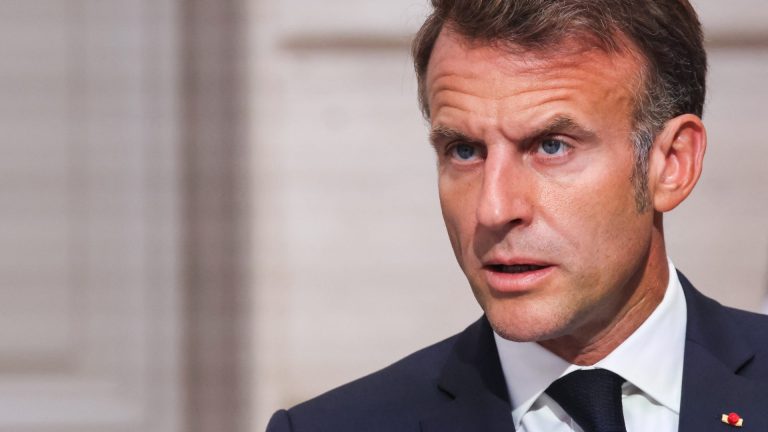

Crisis in France: it’s all Macron’s fault
Mélenchon’s own words are explicit. In mid-August he declared: “We call for a determined offensive to bring down this government. On the ground through popular mobilisation everywhere, and in parliament through an immediate motion of censure.” On his blog, he went further: “As with the Gilets Jaunes, I recognise myself in the motives of this action.”
According to Conspiracy Watch, the Block Everything! campaign was never born on the left. It germinated over the summer in sovereignist and far-right Telegram groups such as Les Essentiels, calling for a “citizen lockdown”: no work, no shopping, no TV. The slogans were Frexit, anti-vax, anti-Macron. Le Pen’s ex-acolyte Florian Philippot praised it as “a sign of the vitality of the French people.” Ever the opportunist, Mélenchon grabbed it. By late summer he had rebranded the protest as a radical left cause. Former Gilet Jaune leaders and TikTok activists joined in, and Indignons-nous (“Let us be Outraged”) became its banner and hashtag. But the DNA remained conspiracist.
Digital investigators from Projet Fox, which specialises in online intelligence, identified hundreds of fake accounts amplifying the September 10 hashtags within what they call the “Iranian or Russian ecosystem”. Government services traced it to Iran. Others used identical biographies, gathered thousands of followers, and spread the same calls for blockades and for Macron’s resignation. A government source told Radio France’s fact-checking unit that “influence activities” were also visible from media tied to Azerbaijan, Russia, Turkey, Iran, and Algeria.
Aleksandr Dugin, the conspiracy-mongering antisemitic and anti-Western troll known as “Putin’s brain,” rejoiced at the Block Everything melée. He reposted content from the xenophobic “The British Patriot” account backing “revolution” in France and the downfall of Macron. His catastrophising about western chaos and French revolution often sounds indistinguishable from Mélenchon and his radical followers.
This is Trumpian politics, French-style: election denial and sabotage. And in the end, the so-called revolutionary clears the path not for socialism but for the far right.
Meanwhile Russia is not hiding its aggressive intent. Drone swarms have crossed into Polish airspace; debris and a missile fragment have been recovered on Nato soil. Yet Mélenchon, a diehard Kremlin fellow-traveller, attacks Macron, Nato, and France’s new prime minister for supporting Ukraine. He saves his worst sneering for Zelensky.
At the same time, the United States under Donald Trump is retreating from joint initiatives with Europe to counter Russian, Chinese, and Iranian disinformation. That leaves Europe exposed – and just as Macron has now pledged to station fighters in Poland to protect its airspace from further Russian incursion, France seems to be a particular target. The result is “Block Everything”, a campaign that shows how domestic conspiracist anger, opportunistic leaders, and foreign amplification can fuse into one destabilising force.

